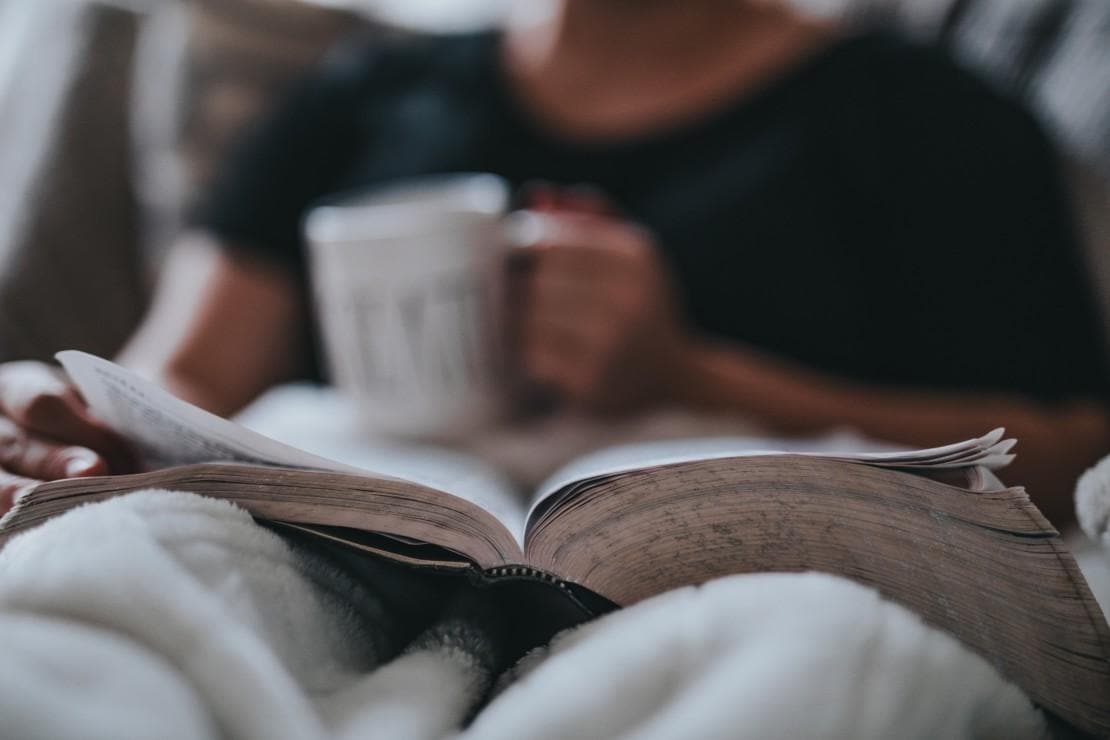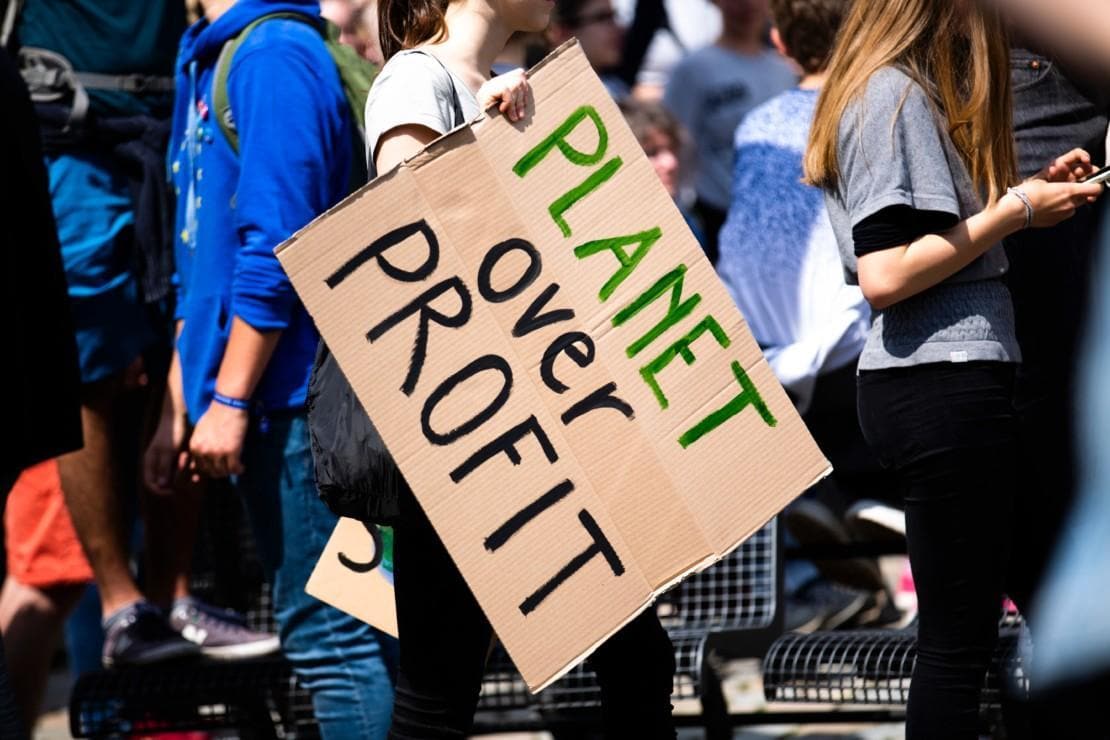6Sep2021
2021 Fjord Trend: Rituals lost and found
The normal, non-pandemic life can include a wide variety of habits; the kind of daily tasks and routines that we have grown accustomed to handle on autopilot. On the way to work, we hit the gym at the same time, do our workout and swing by that same coffee shop and grab that same sandwich to go with that same large coffee as usually. We go to the library, take the kids to their respective hobbies, perhaps play a little soccer with buddies on Sunday mornings.
Dinners with neighbors, beers with the boys. Things we learned to do whenever and whenever we wanted. Things that have, on the course of years, become of surprisingly low interest.
Until they were no longer an option.
When those routines are, suddenly, taken away, the walls do come tumbling down. Devastation and snowball effect at its purest take off.
An entirely new perspective sets in. Going shopping, hugging friends, and having a cup of coffee are long awaited treasures in the otherwise grey daily grind towards a brighter future.
Losing rituals might affect everyone in some way, and we start receiving daily reminders of the disruption that the world has come to.
From small decisions to meaningful change
The sudden void must be filled; we need to reassess our values and search for new sources of inspiration – new things to do that we believe could, over time, develop into new routines. Many have learned to follow the news so that they actually pay attention to what is happening and what is being said. Connecting virtually with family and friends has gained popularity while mental wellbeing and mindfulness have made their way to things people pursue in a more active, determined manner. During the pandemic, the use of meditation apps has surged to new heights.
People can look at the ongoing development in very different ways. While some enjoy the freedom from commute, those who learned to use it to structure the day and decompress after the daily grind. Similarly, while some outright yearn after those bagels at the corner cafe, others gladly adapt to a bit healthier nutrition – at least for a while.
Seeing so many aspects of our lives in a new light has certainly developed our understanding of how our personal decisions contribute to the society’s evolvement. From wearing a mask and more consciously supporting our local businesses, our actions – and new routines – play a significant role as the world around us rebuilds itself.
New habits and rituals are desperately needed on an individual level, yet they are closely in conjunction with one another as the big picture around us begins take shape.
Feeling relevant enhances devotion
People have, in general, become healthier and more conscious about issues such as sustainable development and community wellbeing. The new look at life brings along readiness to change purchasing behavior accordingly.
This, obviously, provides new kind of opportunities to brands and organizations. Empowering people and helping them regain a sense of control when times are uncertain to say the least certainly opens new ways to reconnect, heal – and appreciate the ones who ultimately made it all happen.
It all starts with becoming a ritual.
Ritual takes habit into a new dimension. While habits make life easier by freeing us from having to make decision every time, they are also quite disposable when things change. Covid-19 changed plenty of habits, just by making some of the old ones impossible to continue.
Rituals go deeper by making life meaningful. Whether it happens by providing a way of coping, nostalgia and familiarity, or a sense of connectivity and belonging, they are likely to last longer. No matter how ridiculous they may seem to the others; quite often, just because of that.
Rituals are people’s personal channels to relate to things around us. They are transition points between our different selves (worker-me becoming a downtime-me while reading a book on the train home) that provide a certain sense of belonging (Sunday morning soccer team).
While being a powerful source of comfort (neighborhood street cocktail parties) they also act as anchors via moments that help us understand and mark the passing of time (Christmas, marriages, birthdays).

Photo of Genevieve Fry.
“For brands, the first challenge is understanding the role your product plays in the meaning of the ritual”, explains Genevieve Fry, Business Development Director, Fjord Copenhagen. “Is, for example, a cup of coffee contributing to a sense of belonging or helping someone transition from home to work life? Understanding the meaning of the ritual can clarify opportunities to remain relevant, even as the ritual itself evolves.”
When brands can create a ritual that speaks to and is in connection with the overall brand purpose, it can actively enable customers to engage in causes that matter to them. This, again, provides them with the satisfaction of being able to contribute to a change on a larger scale.


